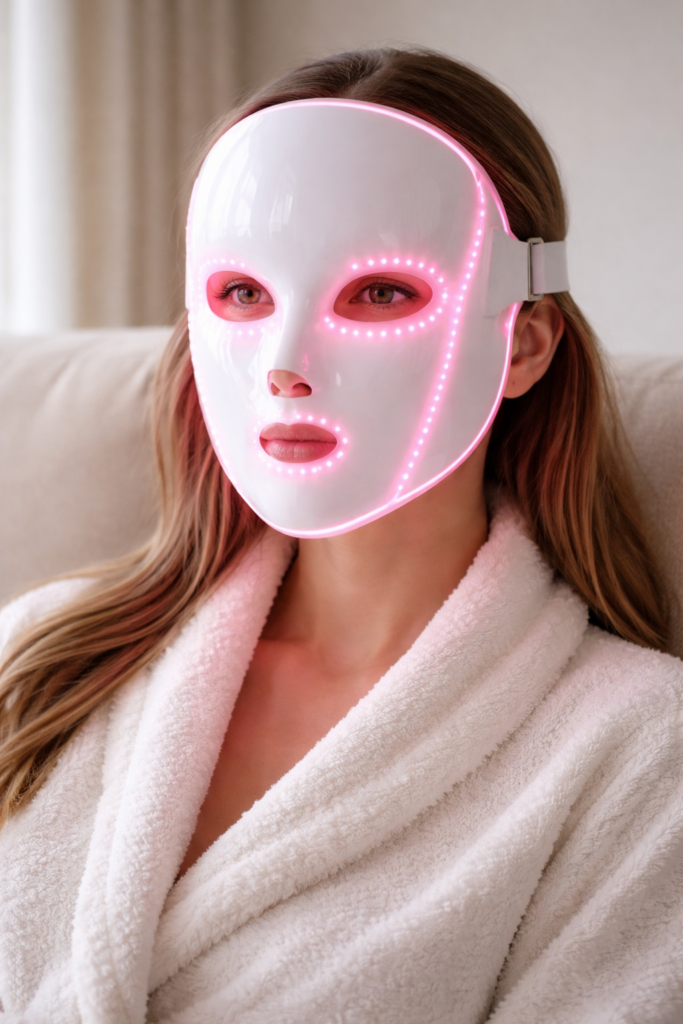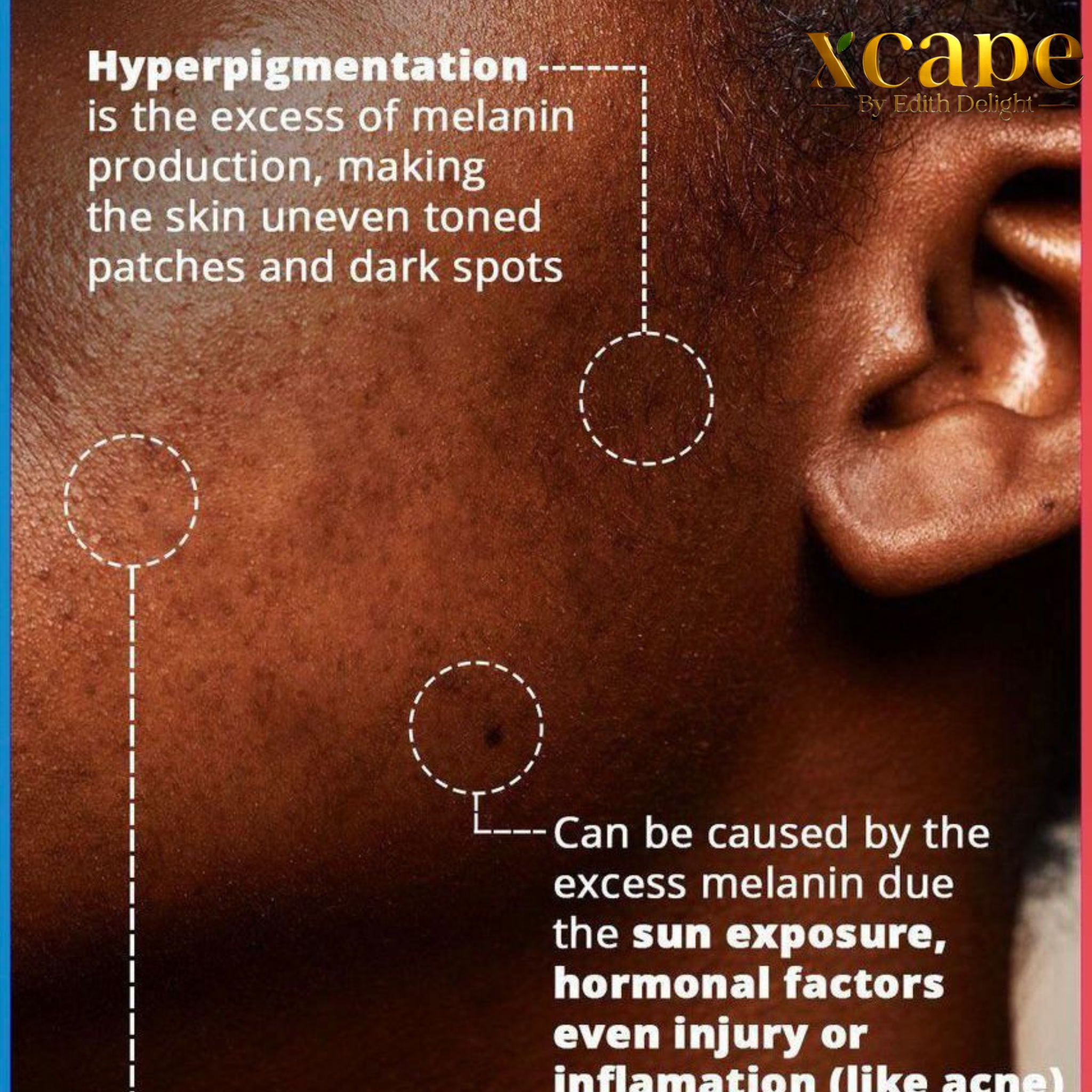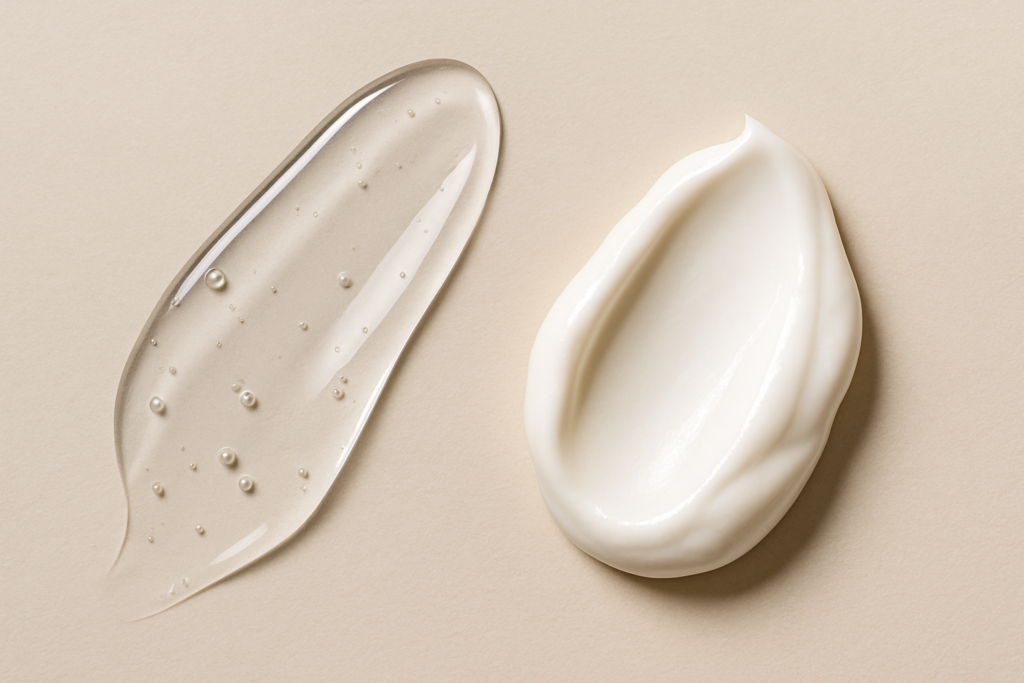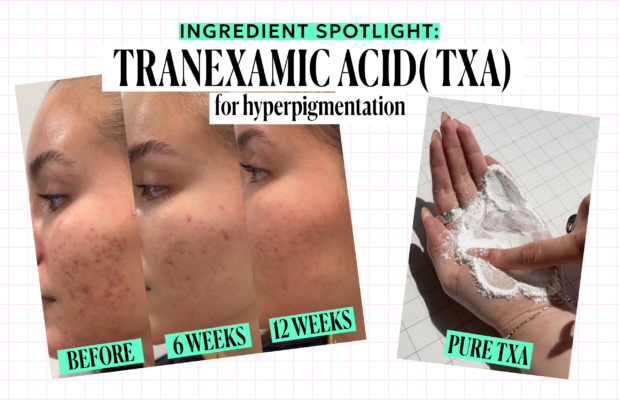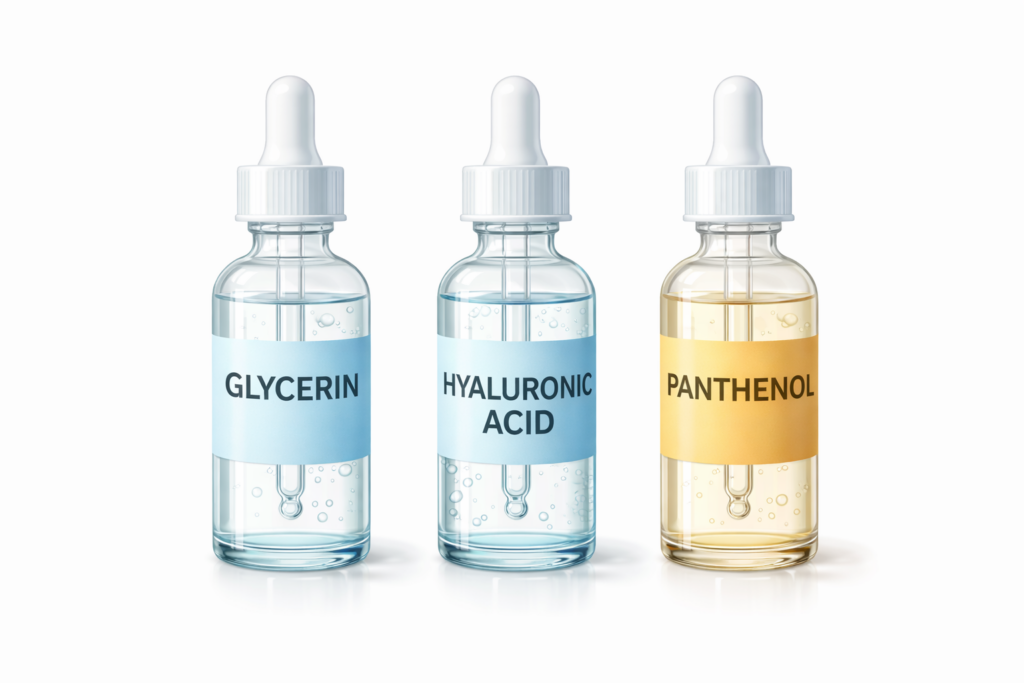In the ever-evolving landscape of skincare, peptides have established themselves as a skincare “it” ingredient. They have earned their place as formidable allies against a plethora of skin concerns. These specialized amino acid chains are celebrated for their ability to communicate with our skin cells. From prompting them to behave in more youthful and resilient ways to stopping the formation of wrinkles. So, when it comes to tackling the most common skin concerns we face daily, what exactly can these topical powerhouses achieve? Let’s dive into the science behind how peptides, when applied diligently, stack up against some of your most pressing skin concerns.
Fight Back Against the Signs of Anti-Aging: Can Peptides Stimulate Collagen and Elastin Production?
This is perhaps one of the most celebrated and scientifically substantiated roles for many peptides. Peptides’ science-backed ability to directly address key aging skin concerns makes their popularity obvious. Peptides like the popular Matrixyl® and GHK-Cu target skin cells that are responsible for your skin’s foundation. They encourage these cells to ramp up the production of vital structural proteins. This includes the well-known anti-aging heroes, collagen and elastin. As well as lesser-known but equally important proteins like glycosaminoglycans (GAGs).

All of these are important for maintaining skin structure, hydration, and that youthful plumpness. Compelling clinical biopsies have even provided proof of peptides’ protein-building abilities. Confirming increased levels of collagen IV and elastin after consistent topical use for four months. This rebuilding process is at the heart of how peptides help address the signs of aging.
Reducing Inflammation and Calming Sensitive Skin: Can Peptides Address Reactive Skin Concerns
Whether you have sensitive or sensitized skin, looking for a way to soothe and calm your skin is a must. And it can sometimes feel like a pretty impossible task. For those battling reactive or sensitive skin concerns, certain peptides offer a welcome sigh of relief. GHK-Cu, in particular, boasts impressive anti-inflammatory properties. Research has shown its ability to reduce the body’s natural signaling molecules that exacerbate irritation. As well as significantly aid in skin recovery after irritation. This is especially beneficial after professional treatments like lasers, where post-procedure redness and sensitivity are common skin concerns. Its soothing capabilities make it a gentle yet effective ally for compromised complexions.

Additionally, if you have sensitive skin and cannot tolerate some of the more established skincare actives like retinol, peptides can be a good alternative. In comparative studies, they do not work as quickly as other skincare actives. However, they can still show improvement of common skincare concerns in a more gradual and gentle way. So, if you have sensitive skin and cannot typically tolerate actives, it might be time to give peptides a try.
Providing Antioxidant Protection & Scavenging Free Radicals: Can Peptides Shield Your Skin from Environmental Stressors?
In our daily battle against environmental aggressors, peptides can also act as powerful defenders. They can directly address a help fight against several environmental skin concerns. GHK-Cu, for example, acts as an antioxidant. This means it plays an important role in helping to defend delicate skin cells from the damaging effects of environmental stressors. These environmental stressors can include pollution and UV radiation, and the formation of free radicals that contribute to premature aging. Including these antioxidant peptides into your routine provides an extra layer of protection against skin concerns that come from environmental stressors.

Brightening and Evening Skin Tone: Can Peptides Help Fight Hyperpigmentation?
For the oily and acne-prone skin people post post-inflammatory hyperpigmentation is a never-ending battle. And it’s definitely a marathon skin concern to address. The unfortunate reality of hyperpigmentation is that the best treatment is prevention. However, once it appears, patience and consistency are your best friends. For those aiming for a more luminous complexion, certain peptides show promising support in addressing pigmentation skin concerns. Peptides like tetrapeptide-30 specifically target hyperpigmentation by inhibiting tyrosinase, a key enzyme involved in melanin production. GHK-Cu has also demonstrated visible improvements in uneven skin tone and overall skin clarity in clinical trials. While research in this area is ongoing, the initial findings are very encouraging for tackling uneven skin tone.
Antimicrobial Properties & Potential for Fighting Acne: Do Peptides Have A Niche in Addressing Breakout Skin Concerns?
While the broader class of “antimicrobial peptides” does exist and holds significant promise for various dermatological applications, the specific anti-aging peptides commonly found in popular skincare formulations haven’t been extensively studied for their direct efficacy in clearing acne. Today, there are no peptides widely available to help combat acne. More tired and true, dedicated acne-fighting ingredients still hold the primary spotlight in this area. The research on what these specific peptides do for the skin in terms of acne remains limited within the scope of anti-aging formulations.

The Final Word on Peptides and Your Skin Concerns:
From boosting fundamental proteins like collagen and elastin to calming inflammation, offering antioxidant defense, and even beginning to address pigmentation, topical peptides are indeed versatile allies in your skincare routine. While some skin concerns are more directly addressed than others by the currently available scientific evidence, the ongoing research continues to unveil the impressive scope of what peptides do for the skin when incorporated into a thoughtful routine.
It is fair to say there are a lot of benefits peptides can have in your skincare routine. However, they are not a miracle ingredient. There are limitations, and there are some more well-established ingredients that work better. By understanding their unique strengths, you can confidently select products that precisely target your most pressing skin concerns for a healthier, more radiant complexion.

